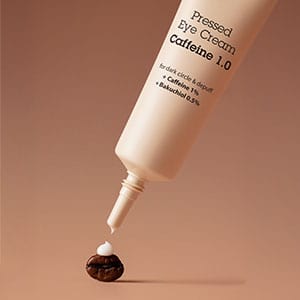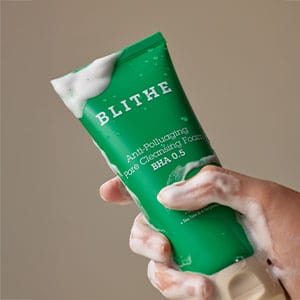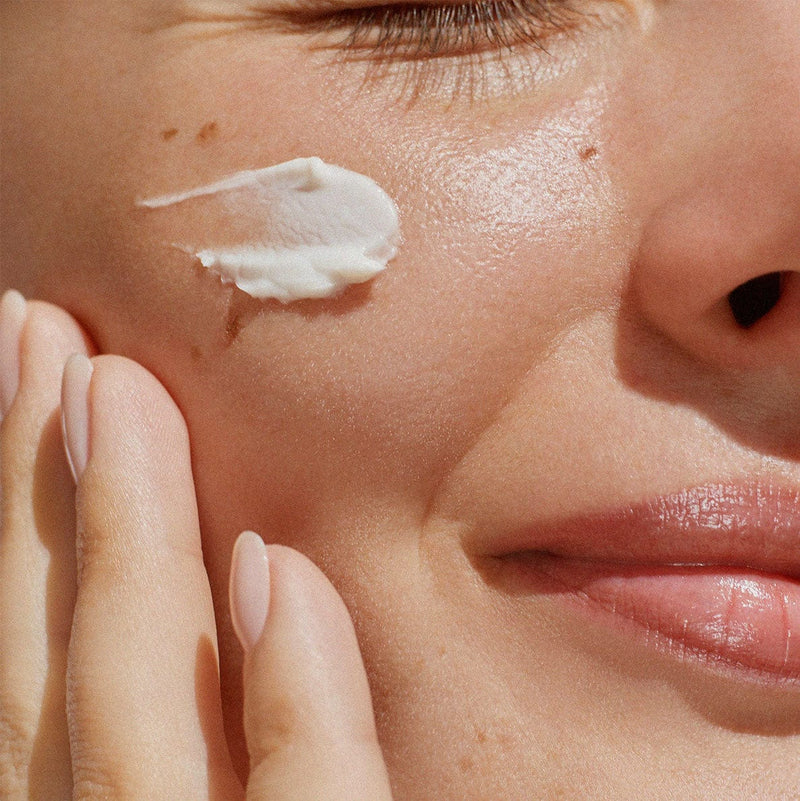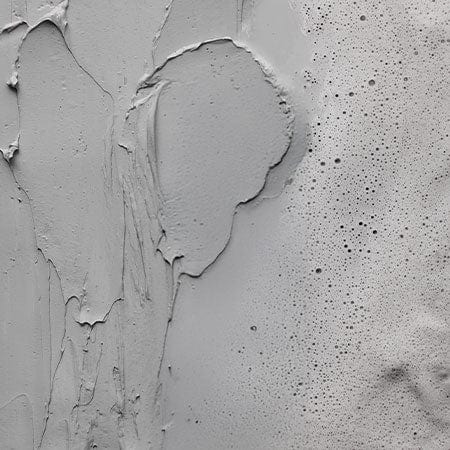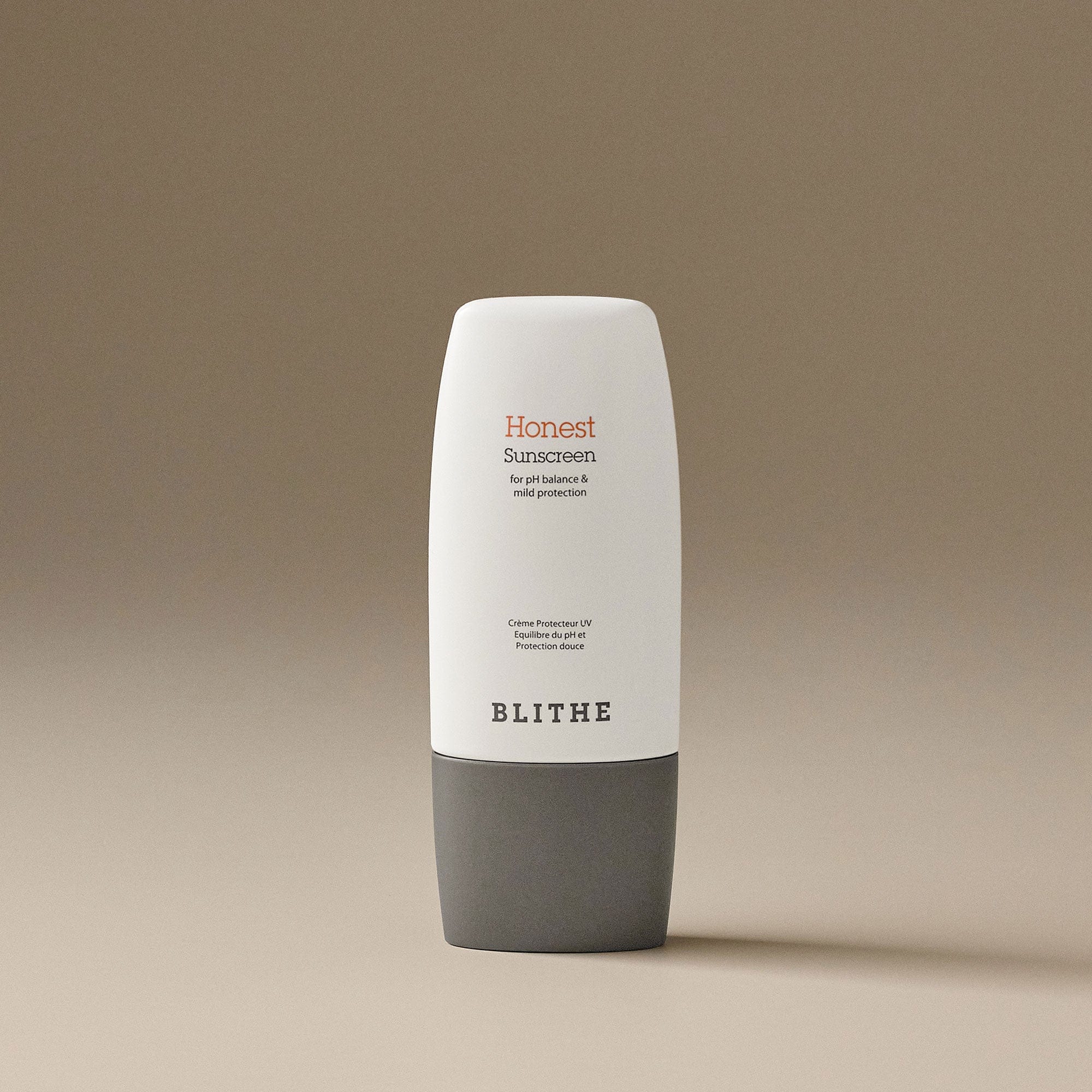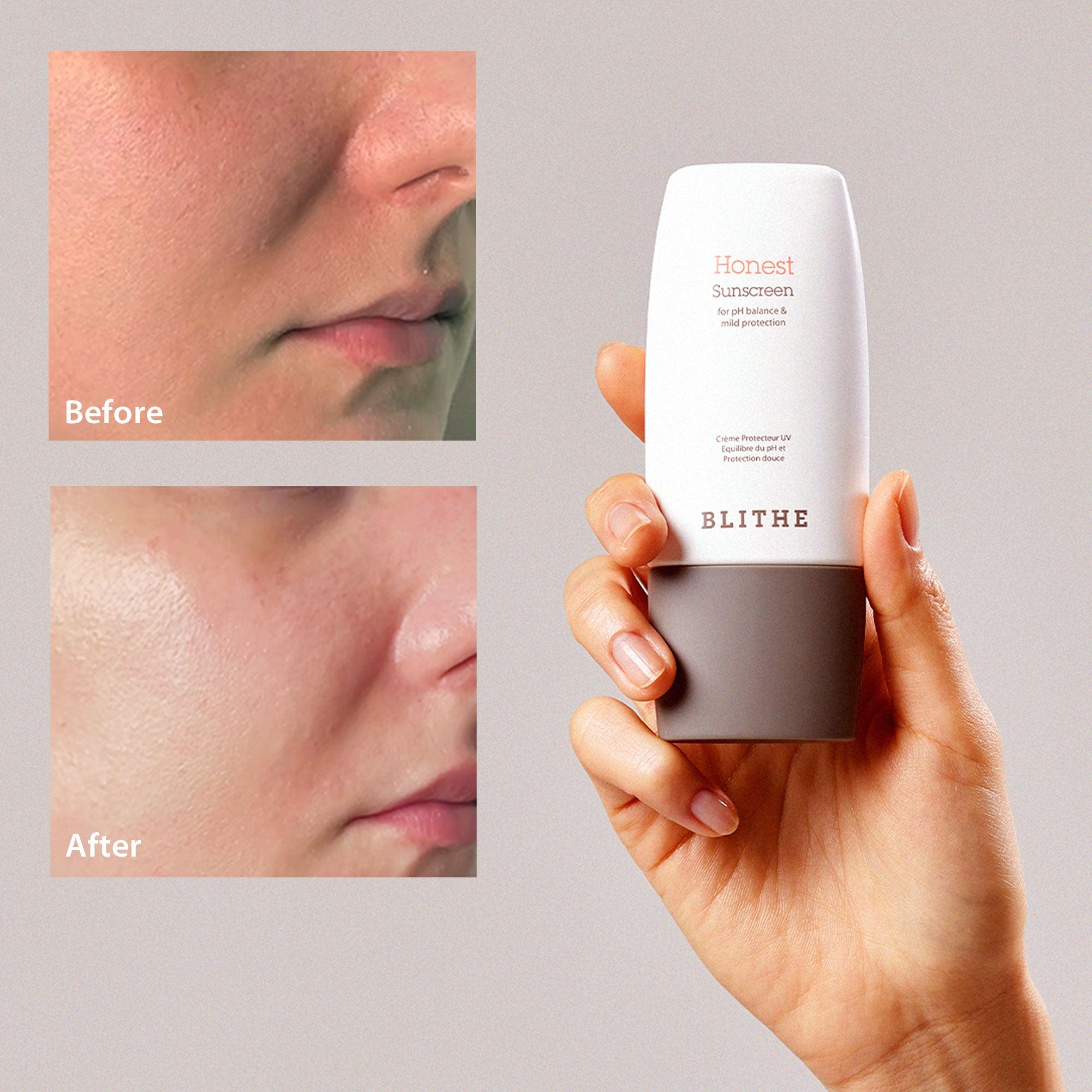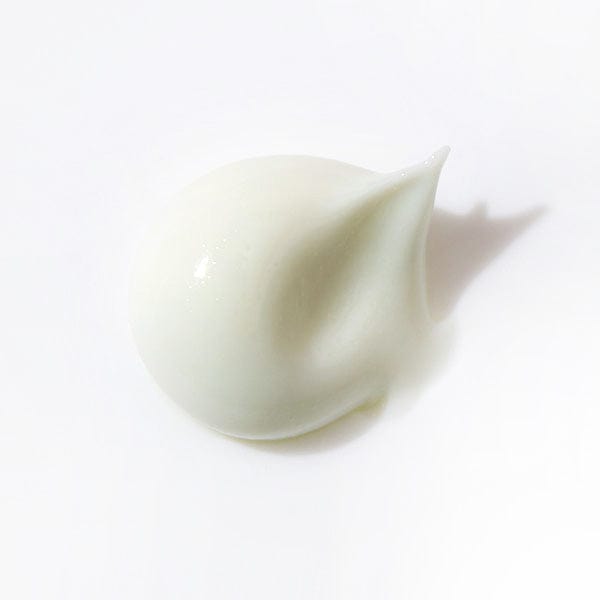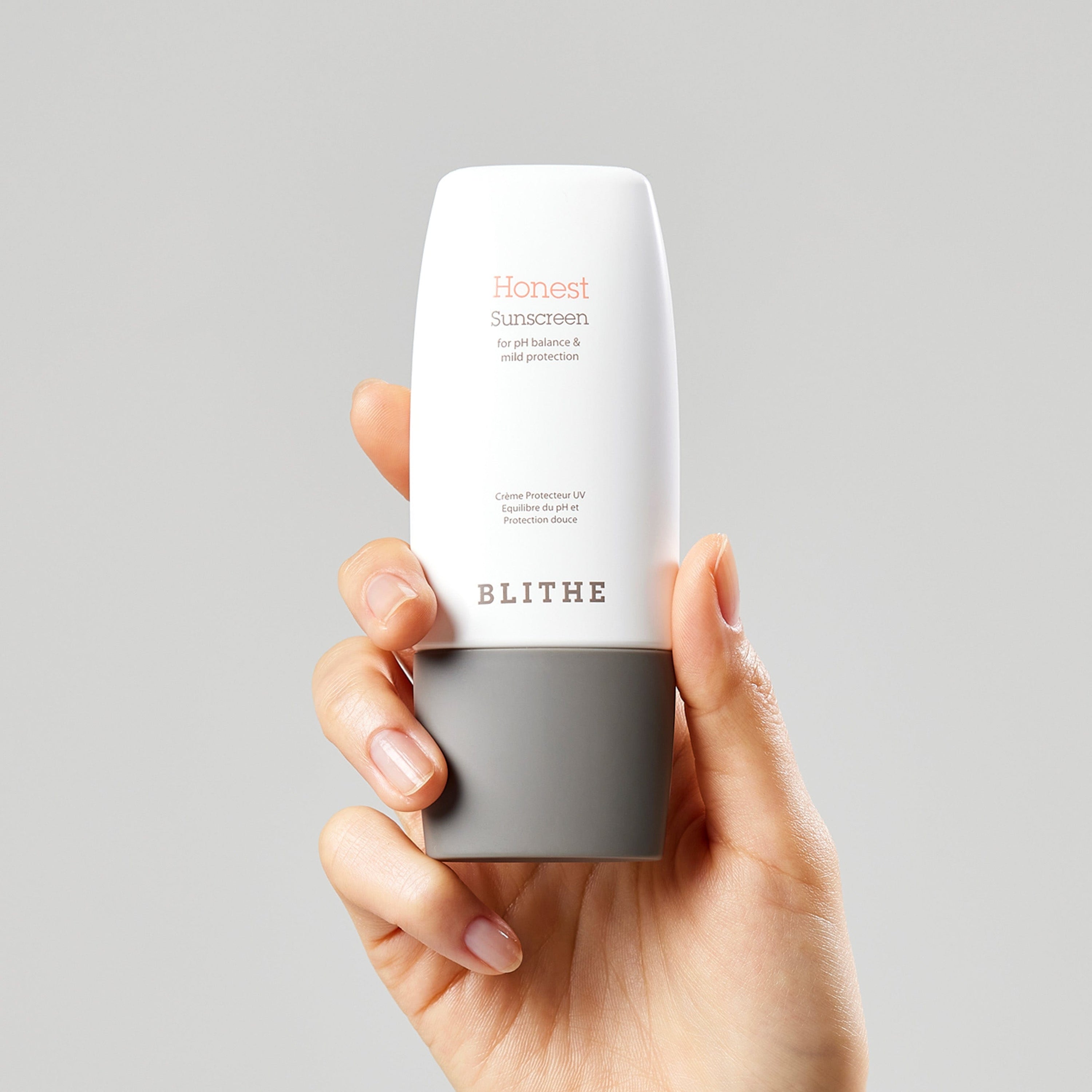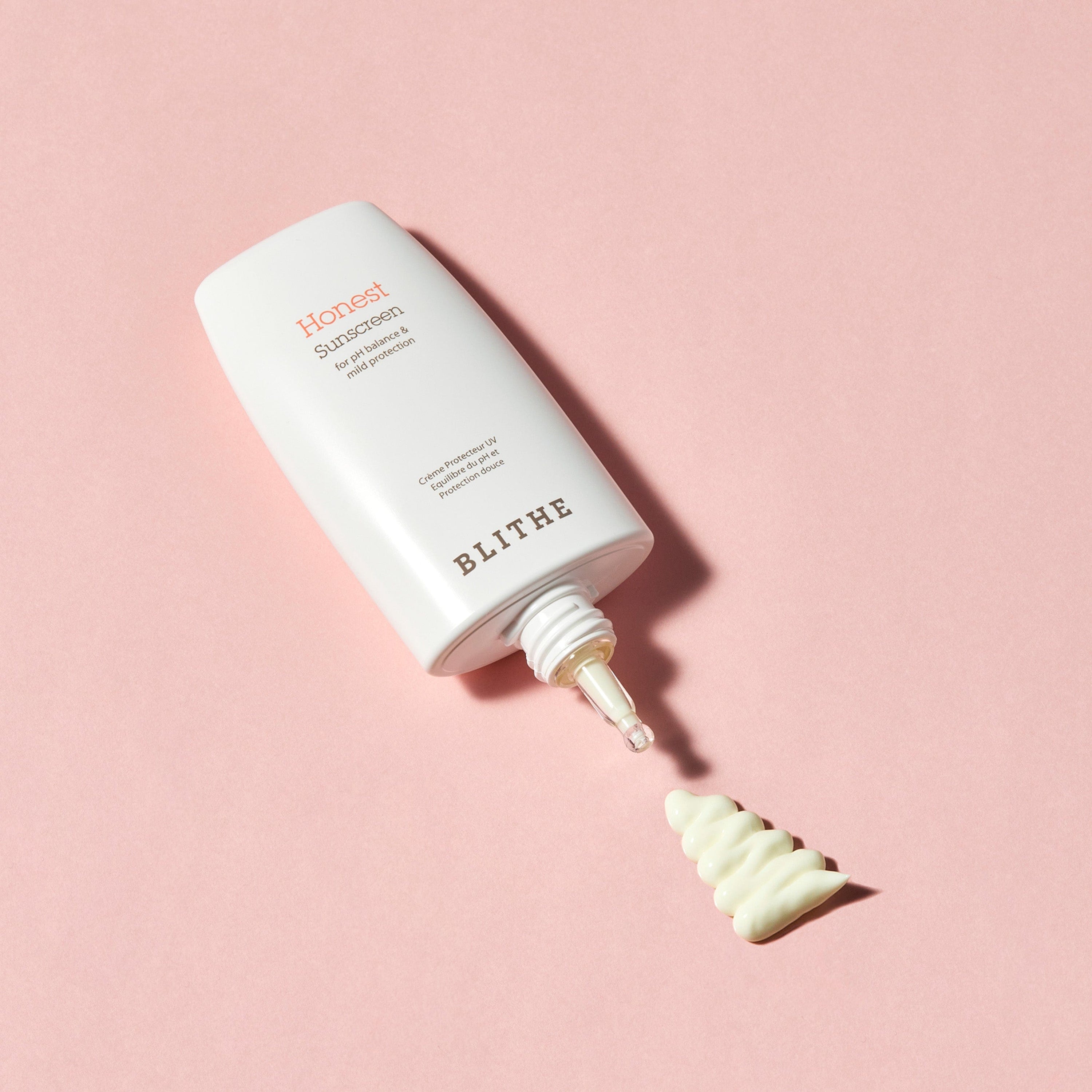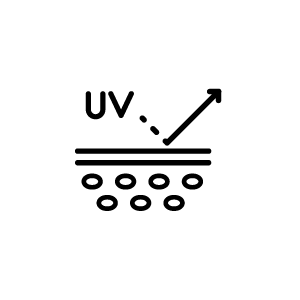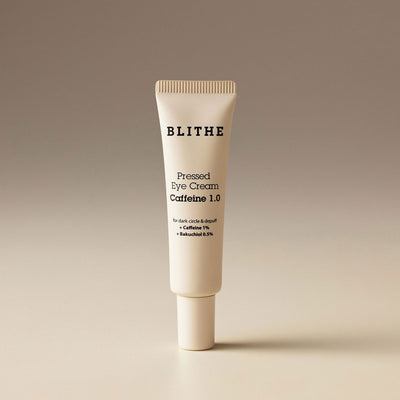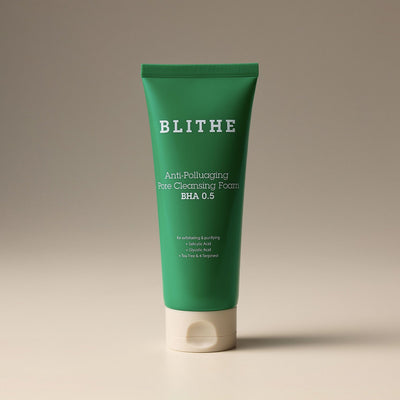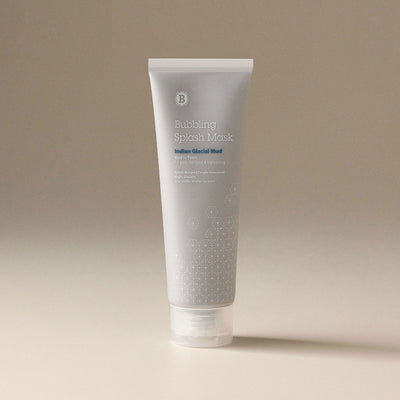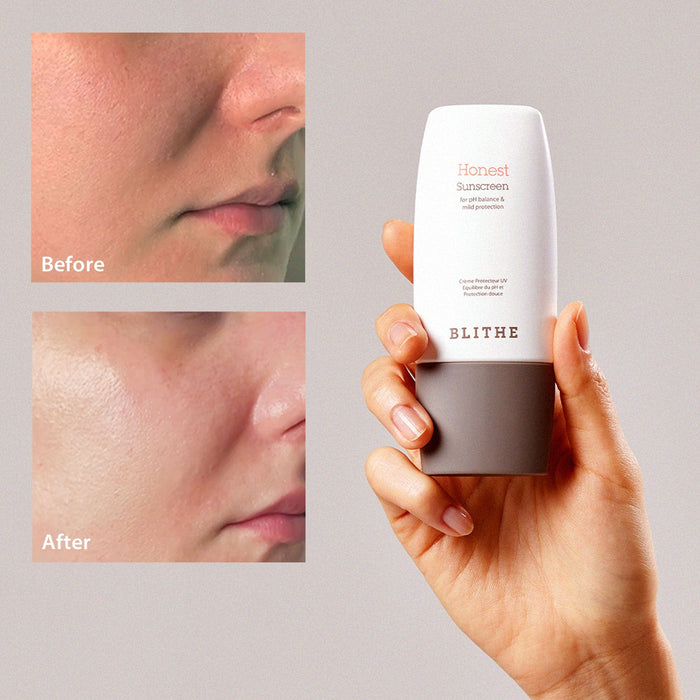
What makes Honest Sunscreen different?
The Honest Sunscreen offers powerful sun protection with SPF50+ and PA++++, delivering broad-spectrum defense against both UVA and UVB rays. It is completely free from Oxybenzone, Octinoxate, and other chemicals, ensuring it is safe for marine life, including vulnerable coral reefs. You can trust it to protect the environment while safeguarding your skin!
What makes Honest Sunscreen different?
The Honest Sunscreen offers powerful sun protection with SPF50+ and PA++++, delivering broad-spectrum defense against both UVA and UVB rays. It is completely free from Oxybenzone, Octinoxate, and other chemicals, ensuring it is safe for marine life, including vulnerable coral reefs. You can trust it to protect the environment while safeguarding your skin!

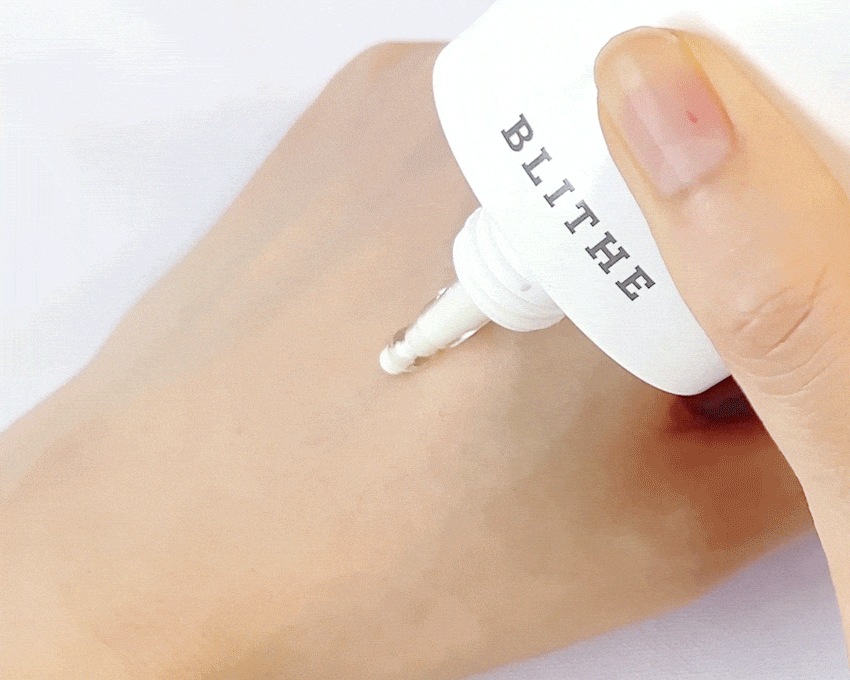
How To Use
How to use Honest Sunscreen?
The Honest Sunscreen could be used as the last step of your skincare routine, just before you start applying your makeup.
Apply 15 minutes before sun exposure. Spread evenly onto your face and neck, gently patting it into your skin for absorption.
Reapply every two hours if you are outdoors or exposed to sunlight.
Apply 15 minutes before sun exposure. Spread evenly onto your face and neck, gently patting it into your skin for absorption.
Reapply every two hours if you are outdoors or exposed to sunlight.
Frequently Asked Questions
What is SPF?
A simplified way of understanding the Sun Protection Factor (SPF) is to think of it as a measure of the level of protection a product provides against sunburn. To calculate it, a volunteer is exposed to UV rays to determine how long it takes for them to burn with and without protection. This ratio is then used to determine the SPF. For example, if a person would burn in ten minutes without protection and three hours and twenty minutes with protection, the ratio would be 200 minutes/10 minutes, giving an SPF of 20. This means that a person using an SPF 20 cream has twenty times more time to be exposed to the sun before getting burned than without protection.
What are the differences between UVA and UVB?
UVA and UVB both belong to the ultraviolet family, yet they have a number of distinct dissimilarities. UVB is responsible for stimulating tanning and sunburn, and it can't penetrate the skin too deeply. On the other hand, UVA rays can go further beneath the surface, leading to early aging of the skin. Both UVA and UVB can be the cause of skin cancer, making it essential to defend your skin from both types of UV. Sun protection items must protect against both UVA and UVB.
What is chemical sunscreen?
Chemical sunscreen is a type of sunscreen that is made with chemical ultraviolet (UV) filters. These UV filters absorb and scatter the UV radiation from the sun, thereby protecting the skin from the sun's harmful rays. Chemical sunscreens typically contain ingredients such as oxybenzone, avobenzone, octinoxate, homosalate, octisalate, and octocrylene.
Chemical sunscreens work by absorbing the UV radiation and then releasing it as heat. This helps to protect the skin from the sun's damaging rays. Chemical sunscreens are typically more effective than physical sunscreens, as they can provide more even coverage and are less likely to be rubbed off or washed away.
Is chemical sunscreen a better sunscreen than a physical one?
Chemical sunscreens and physical sunscreens are both effective ways to protect the skin from the sun’s harmful UV rays. Chemical sunscreens work by absorbing the sun’s rays, while physical sunscreens work by reflecting the sun’s rays away from the skin. Both types of sunscreens are effective, but there are some key differences that may make one type better for certain individuals or situations.
When it comes to effectiveness, chemical sunscreens tend to be the more reliable option. Chemical sunscreens work after being absorbed onto skin, and they are more effective at blocking UVA and UVB rays than physical sunscreens. Additionally, chemical sunscreens are generally more water-resistant than physical ones, so they are a better choice for swimmers or anyone who will be exposed to water.
Physical sunscreens, on the other hand, are often considered to be more natural. They are made with ingredients such as zinc oxide and titanium dioxide, which are mineral-based and considered to be nontoxic to the skin. They also tend to be more gentle and less likely to irritate the skin than chemical sunscreens. Physical sunscreens are also the better choice for anyone with sensitive skin, as they are less likely to cause a reaction.
Ultimately, the choice between chemical and physical sunscreens depends on the individual and their needs. Chemical sunscreens are generally more effective and water-resistant, making them a better choice for activities such as swimming or for individuals who are exposed to water for long periods of time. Physical sunscreens are more natural and less likely to irritate the skin, making them a better choice for those with sensitive skin.
Customer Reviews
Embrace your inner minimalist while streamlining your beauty routine with Blithe Cosmetics.


